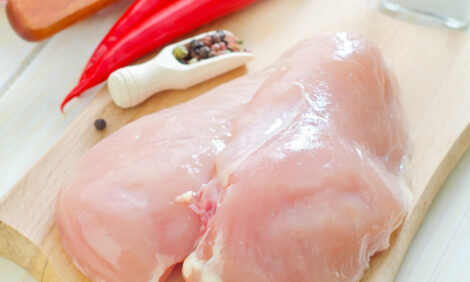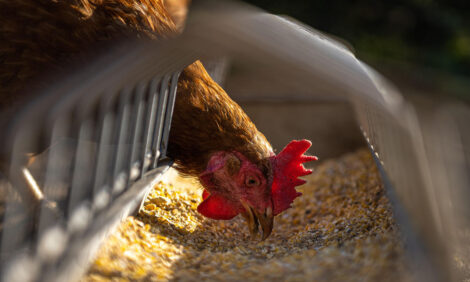



Community chicken vaccinator earns income, hatches hope in India
Article taken from Heifer International; read more and or support their causes at Heifer.org
To prevent the spread of disease, chickens need to be vaccinated.
In Odisha, India, community vaccinators provide critical support to poultry farmers.
Community vaccinators are frontline health care workers for livestock and poultry.
The vaccinators earn an income from their work.
A community vaccinator is an essential animal health care worker who provides low-cost chicken vaccines and deworming treatments to poultry farmers. With support and training from Heifer International, women in Odisha, India, are stepping forward to fill these roles for local farmers while earning an income of their own. And amid the pandemic, this allows vaccinators to keep their community's livestock healthy and their families financially afloat.
Closing the living income gap for poultry porducers and vaccinators
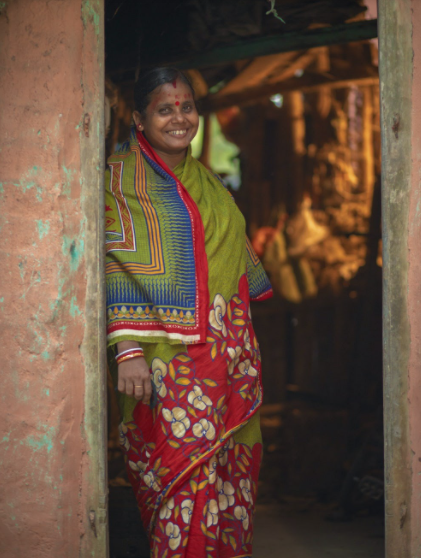
© Pranab K. Aich.
There are many diseases and parasites that can harm poultry and other livestock. From avian flu to tapeworms, chickens are susceptible to illnesses that can affect their health and spell bad news for the farmers who sell them and the consumers who buy them. Fortunately, there are vaccinations for that — and community vaccinators like Geeta Rani Jena know exactly how to use them.
Jena is one of nearly 200 community vaccinators trained through Heifer India’s Hatching Hope project, which aims to improve the nutrition and income of 3.2 million people in the state of Odisha through the production, promotion and consumption of poultry. The ultimate goal of the project is to close the living income gap for project partners and their families.
A living income is the amount of money each person in a household needs per day to live a dignified life. In Odisha, the living income is $1.16 per person, but many families fall below this mark and are unable to afford necessities like nutritious food, clean water, housing, education and health care.
Community vaccinators help poultry farmers close this living income gap by providing affordable vaccinations and deworming treatments for flocks. When chickens are healthy and happy, they produce more eggs and fetch higher prices. In turn, farmers pay community vaccinators for their services and help them to earn a living income of their own.
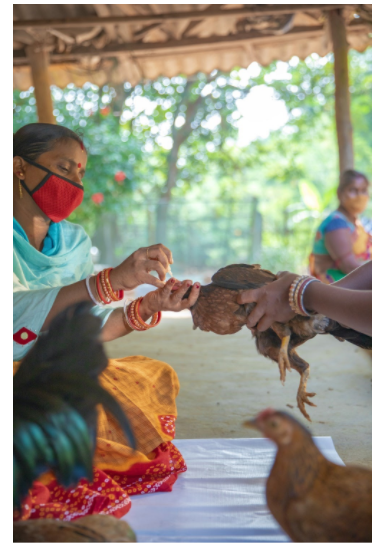
© Pranab K. Aich.
Building a sustainable livlihood
Like many women in rural Odisha, Geeta Rani Jena didn’t have many employment opportunities outside of her home. Yet, when she heard that Heifer India was offering to train new community vaccinators, Jena jumped at the chance to take part. The job was a perfect fit – a fantastic opportunity for a mother of two with no time to spare.
"Vaccination work can only be done either in the morning or in the evening,” said Jena, who currently provides vaccination services to 60 to 70 households across two villages. "I can comfortably cover these families as I also look after other work in my house."
Jena has been working as a community vaccinator for almost two years. When she started making her rounds, business was tough. Local farmers had little to no knowledge of the diseases plaguing their flocks, never mind that most were easily preventable.
“When I started, I used to charge 2 rupees (around 55 cents) per bird for vaccination and deworming," Jena said. "I was earning only 700 to 800 rupees ($9 to $11) a month at that time."
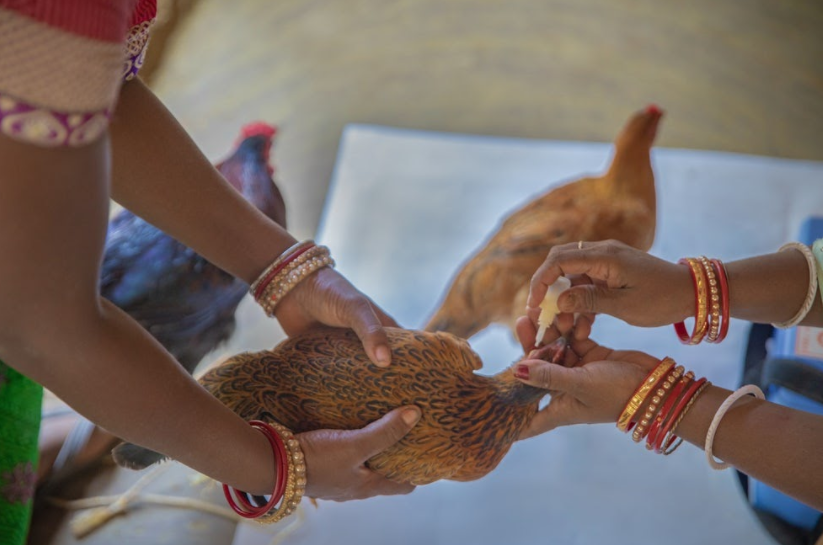
© Pranab K. Aich.
To help farmers understand the importance of vaccinating their birds, Heifer India hosted trainings and educational campaigns designed to spread the word to local poultry producers that chicken vaccines are good for business and available through community vaccinators. Jena took up the cause and soon noticed that demand for her services and expertise were increasing.
As the farmers who hired Jena noticed the improvement in their flocks, more clients sought her out. In just a matter of months, she was earning five times the income she earned before, enough to cover family expenses a month at a time with money left over to save.
"I have seen a major shift in awareness and attitude among my community members," said Jena. "Now that they are also seeing the results, they are more willing to continue taking services and grow their flocks. While this helps them prevent mortality, it directly affects my income as well."
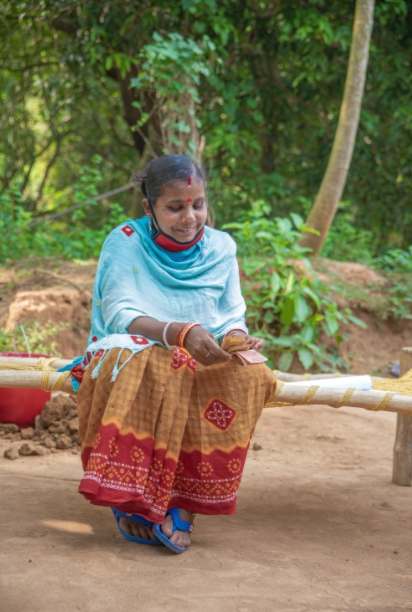
© Pranab K. Aich
Securing a stable future
Jena's income as a community vaccinator has kept her family afloat during the ongoing COVID-19 pandemic and the stringent lockdown that ensued. Governmental restrictions prohibited residents from leaving their homes, which meant that Jena as well as many of her friends and neighbors couldn’t work. With no income during the three-month period, Jena supported her family with the money she had saved.
“The three months were a great setback," said Jena. "But, thanks to the savings I had kept from my work, I was able to sustain myself and my family. Now things have started again, and I am back to earning 2,000 to 2,200 rupees ($27 to $30) a month. I used up most of my savings during that time, so now from this income, I am again creating a fund of savings for such events.”
Thanks to her skills as a community vaccinator and the ever-increasing demand for her services, Jena is confident that she can provide for her family regardless of the challenges ahead.
You can support Heifer International by donating here.








